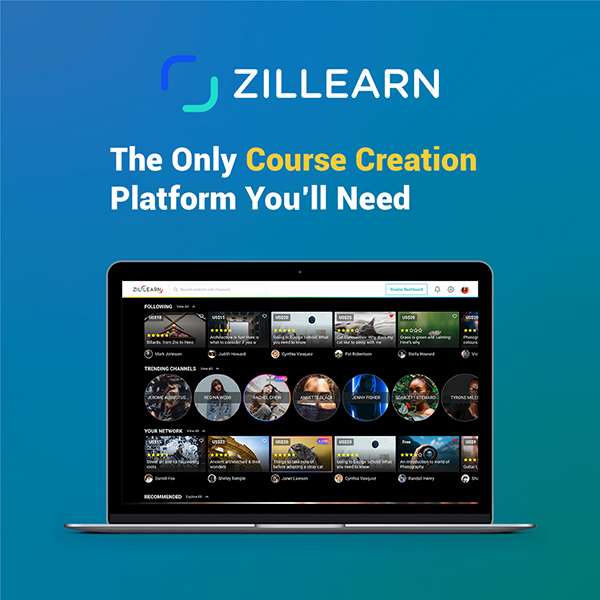Did you know that learning is a skill?
Having the skill and mindset to improve how you learn can boost your personal and professional life and deliver a performance edge.
According to the World Economic Forum, half of the workforce will need to reskill by 2025, as the “double whammy” of the economic fallout of COVID-19 and increasing automation already transforming jobs takes hold. We are in the midst of a global reskilling emergency.
A mindset of lifelong learning isn’t just for personal development. It’s now considered to be a survival requirement.
What is intentional learning?
Intentional learning is the mindset of seeing every experience as an opportunity to learn something new. The desire to learn should always be in our consciousness, where we approach everyday situations and gain new knowledge.
Intentional learning could be key the key to success in tomorrow’s world.
Intentional learners are experiencing all the same daily moments as everyone else. But intentional learners “get more out of those opportunities because everything —every experience, conversation, meeting, and deliverable — carries with it an opportunity to develop and grow,” according to a recent McKinsey report.
Intentional learning is the most fundamental skill for professionals to cultivate in the coming years, warning that “Few adults have been trained in the core skills and mindsets of effective learners.”
So what’s the most important skill to acquire in the new digital age? Believe it or not, it’s the ability to learn.
How to be an intentional learner
Intentional learners have two qualities that make them different from everyone else. They have both a growth mindset and a curious mindset.
While growth and a curious mindset are personality traits that many may already possess, it’s possible to adopt these outlooks to expand one’s capabilities and knowledge over time.
When we are intentional about what we’re trying to learn, there’s a purpose behind it. We want to soak more of it up and internalize it — so that we can apply the concepts in our lives.
Having a growth mindset liberates learners from the expectation of being perfect. “Failures and mistakes are not indicative of the limits of your intellect, but rather tools that inform how you develop,” according to the McKinsey report.
While some people are naturally more curious than others, curiosity is the starting point of all learning, all the way back to childhood.
Successful learners in the workplace are driven by an inner desire to upskill and reskill. They will search for what they need to excel in the context of the workplace.
To develop one’s curiosity means overcoming the fear of asking questions. It also can be overcoming the fear of trying new things. It may mean getting out of a comfort zone.
Intentional learning can also be taking on new challenges that have nothing to do with work: learning Mandarin Chinese or how to play a musical instrument.
Why curiosity matters
According to the Harvard Business Review, when our curiosity is triggered, we think more deeply and rationally about decisions and come up with more creative solutions.
Being an intentional learner means investing in the skills and training that will create your future. Reskilling and upskilling of the workforce is seeking the expertise needed for companies today.
Formal learning in IHLs accounts for only a small fraction of the learning a professional needs over the course of a career.
Everyday interactions and experiences offer unquantifiable opportunities to learn. While intentional learners embrace their need to learn, for them learning is not a separate stream of work or an extra effort.
Learning is an unconscious, automatic behavior. Learning is the mindset in which intentional learners operate at all times.
Intentional learners experience the same daily moments as everyone else, but they get more opportunity out of it. They have the mindset of every experience, conversation, meeting, and deliverable —carries with it an opportunity to develop and grow.




